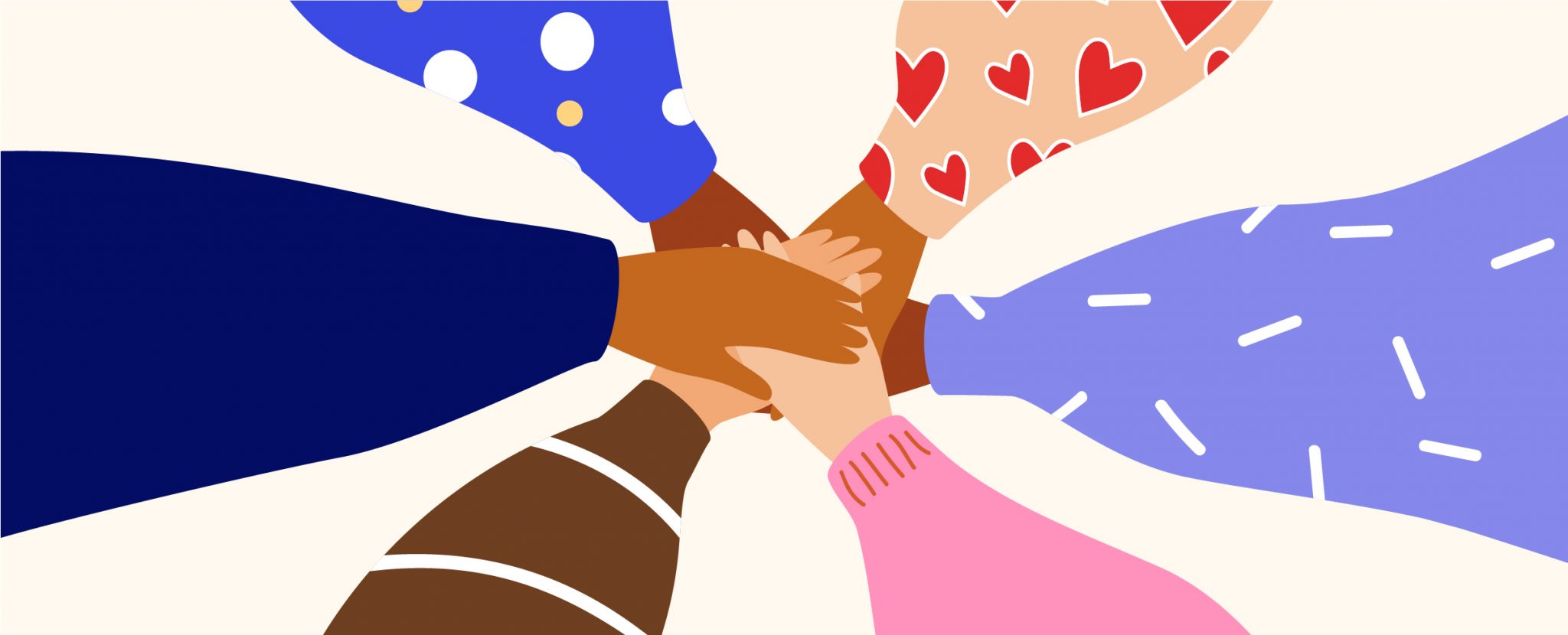





To design and develop this tool we worked with women survivors of domestic abuse, and the staff that support them, to create an online tool which will support women to know their human rights and the duties of public services to respect and protect these, not only to keep them safe (which is vital) but to also help rebuild their lives.
The views and needs of women were central to this project. We mapped and tested directly with women and VAWG groups that directly support women. Ensuring that the tool provides women with all the information they need, in their pockets, for meetings with housing staff, education, social workers, police and others, enabling to have the power of legal language in what are often difficult interactions. In one of these mapping sessions one woman told us:
“Given my past experiences I have really struggled with standing up for myself and my rights, I haven’t had any confidence. But now I know that it is the law for me to have my rights upheld, I feel like I can use human rights when I want to challenge a decision or try to get a better solution.”
You can read our blog about this project here.
Everyone at BIHR would like to say a massive thank you to all the women and staff who were involved in this project.
Especially our partners at:
This project was funded by the Tech vs. Abuse Initiative, coordinated by Comic Relief and supported by the Clothworkers Foundation and the Esmee Fairbairn Foundation.
This was seed funding to help us use a participative approach working directly with women survivors and support groups to develop the first version of a human rights self-advocacy website for survivors of domestic abuse. Most of this work was carried out during the Covid-19 pandemic, which made it significantly more challenging for the women we worked with (and BIHR) to produce this tool.
However, we know from the survivors who have shaped it that this tool has an important place to help women rebuild their lives after abuse, empowering them with the language to rights and duties when seeking the support they need from public services.
We very much hope this is the first stage of this site, and are committed to seeking further funding to help us continue its development with survivors.